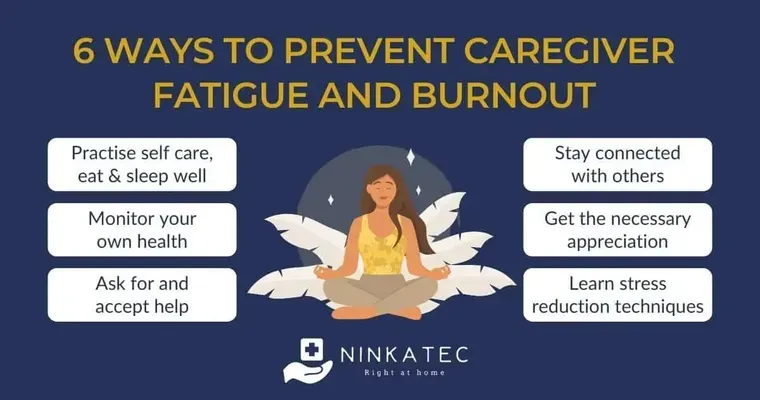Navigating the complexities of "dementia care" can be overwhelming, especially when considering options like "hospice care" and "respite care". If your 87-year-old husband is facing the challenges of dementia, understanding whether he qualifies for hospice services can provide you with the support and peace of mind you need. This article will guide you through the process of determining his eligibility for hospice care and the benefits of respite care for caregivers.
Understanding Hospice Care for Dementia Patients
Hospice care is designed for individuals who are experiencing a terminal illness and have a limited life expectancy, typically six months or less. For patients with dementia, determining eligibility can be more complex due to the nature of the disease. The progression of dementia varies widely, and while some patients may be in the later stages, others may not meet the strict criteria for hospice care.
To qualify for hospice, your husband must demonstrate that his dementia has significantly progressed. This may include:
1. "Inability to communicate": If he is unable to speak or express his needs.
2. "Severe cognitive decline": This includes significant memory loss and confusion.
3. "Physical decline": Weight loss, difficulty eating, and decreased mobility may indicate that his condition is worsening.
Steps to Determine Hospice Eligibility
1. "Consult with His Healthcare Provider": Start by discussing your concerns with your husband’s doctor. They can assess his condition and provide insight into whether he meets the criteria for hospice care.
2. "Gather Medical Records": Collect any relevant medical documentation that reflects his health status, including diagnoses, treatment plans, and recent assessments.
3. "Evaluate Functional Abilities": Assess his ability to perform daily activities, such as eating, bathing, and dressing. Significant decline in these areas can support the case for hospice eligibility.
4. "Consider Psychological Factors": Understanding the emotional and psychological aspects of dementia can also play a role in hospice care eligibility. If he is experiencing severe distress or agitation, this may be a factor to discuss with his healthcare team.
Exploring Respite Care Options
If hospice care is not currently an option, you may want to consider "respite care". This service provides temporary relief for caregivers and can be a vital resource for families managing dementia care. A 5-day respite care program can give you the opportunity to rest and recharge while ensuring that your husband receives compassionate support.
Respite care can be offered in various settings, including:
"In-home care": Trained professionals can come to your home to assist your husband with his daily needs.
"Adult day care centers": These facilities provide structured activities and supervision during the day, allowing you to take a break.
"Short-term stays in residential facilities": Some nursing homes and assisted living facilities offer short-term care options.
Benefits of Respite Care
1. "Reduced Stress": Caring for a loved one with dementia can be emotionally and physically exhausting. Respite care allows you to take a much-needed break.
2. "Improved Well-being": Taking time for yourself can enhance your overall health and well-being, enabling you to provide better care in the long run.
3. "Quality Care for Your Husband": Respite care ensures that your husband is in a safe and supportive environment while you are away.
Conclusion
Determining if your 87-year-old husband qualifies for hospice care due to dementia can be a challenging process. However, with the right resources and support, you can make informed decisions about his care. Additionally, exploring respite care can provide you with a valuable break while ensuring that he receives the care he needs. By taking these steps, you can find the best path forward for both you and your husband during this difficult time.





